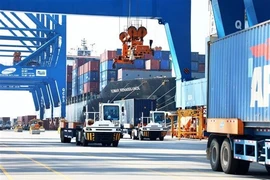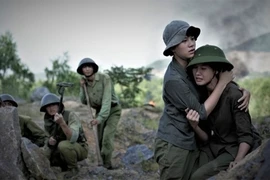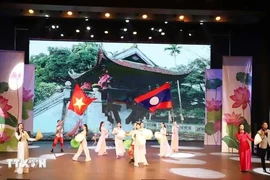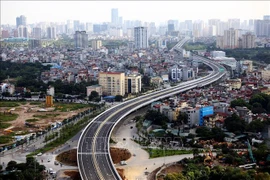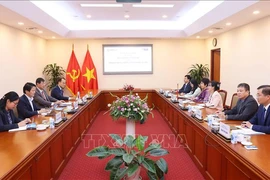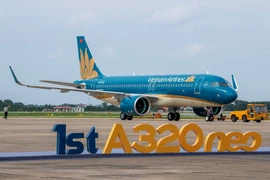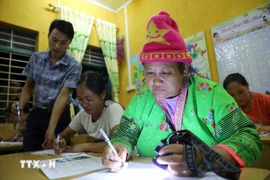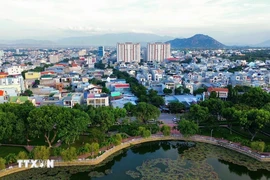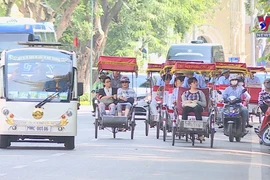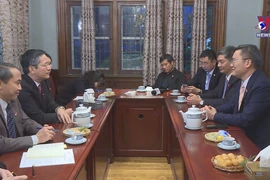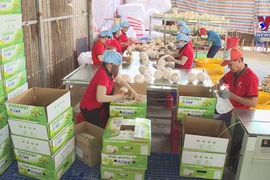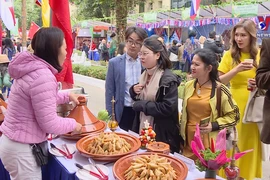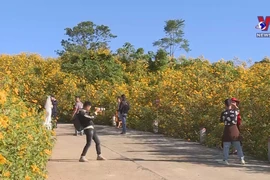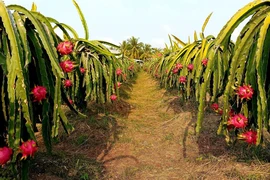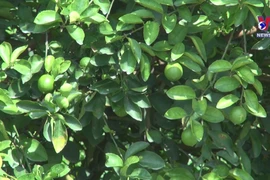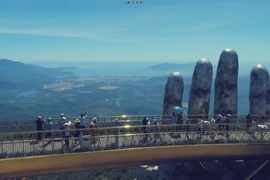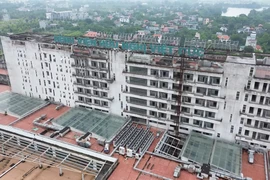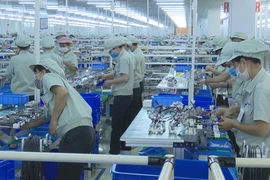Nguyen Chi Thanh Duoc, a Vietnamese resident of Fukui province, ventured to Nanao city, the epicenter in Ishikawa prefecture on the evening of January 3 to aid his compatriots.
As one of the first Vietnamese groups to arrive in the severely damaged zone, Duoc noted that the journey was fraught with challenges, primarily due to landslides affecting many roads.
En route to Nanao, they encountered ongoing aftershocks, some reaching magnitudes of up to 5 on the Richter scale.
Duoc meticulously documented the perilous road conditions, including damaged roads and bridges, cracks, and significant landslides, sharing these insights via his personal Facebook account to guide future relief efforts in avoiding these hazardous paths.
The relief supplies Duoc and his team transported were substantial, comprising water, instant rice meals, instant noodles, and more.
Transporting these supplies by foot over a long, slippery, and steep road proved difficult. Yet, the team was resolved to continue through the night, ensuring the supplies reached those in need at the earliest.
Post-earthquake, the Vietnamese community's most pressing need was water, given the disruption to the water supply and the absence of operational stores or supermarkets nearby. The roads to their residences are either severely damaged or located far from densely populated areas.
Vietnamese workers are aware of the challenges faced by the local government and are striving for self-sufficiency.
With a strong sense of community and willingness to support one another, they share the difficulties presented by the disaster.
The Vietnamese community in Japan, including individuals like Duoc, embodies the spirit of "mutual assistance and compassion," collectively offering support to those affected by the earthquake./.
